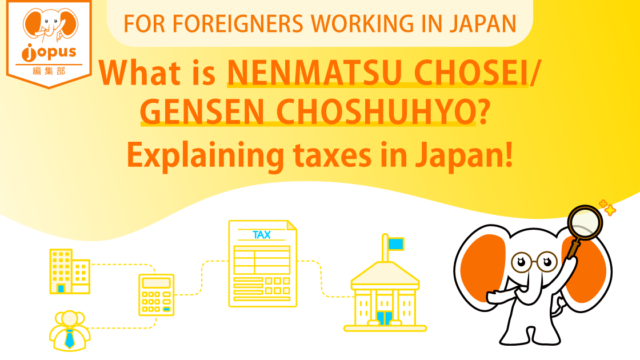If you are an international student in Japan, you might feel confused by the unique job-hunting culture in the country. Many of your peers have had unfamiliar experiences job-hunting in Japan. DISCO Inc., a major recruitment support company, surveyed 2700 international students about the process. We will look the five most unusual things they experienced.
Job-hunting schedule
International students are often surprised by the job-hunting process in Japan. Keidanren, the Japan Business Federation, which has more than 1,300 major Japanese companies in its membership, sets the rules about when firms can begin their recruitment activities. According to the schedule it sets, public relations activities for recruiting can be started in March, followed by the selection procedure – including group discussions and interviews – in June.
To select the best candidates, some companies offer internships before March. If you aim to be successful in job-hunting, you need to prepare for the process in the third year of university, or in the first year of graduate school, while balancing your study commitments.
Fashion
What to wear during job-hunting activities in Japan is something that many international students find surprising. It is common in Japan for students to wear a suit designated for recruitment activities, called a “recruitment suit”. Many international students question why everyone has to wear the same kind of “recruitment suit” for recruitment activities.
New graduate recruitment
New graduate recruitment is a unique system in Japan. You might have difficulty understanding that it is harder to get a job at a prominent company if you miss the timing of new graduate recruitment.
Written tests
International students have to take a written test in Japan, and Japanese students also have to do this. However, many international students find it difficult, as in most cases the test is in Japanese.
Application form called “Entry Sheet”
You need to submit a document called an “Entry Sheet” (ES), where you write your reasons for applying in order to take part in job fairs and selection processes with Japanese companies. Many international students find it strange that they still need to go through this complicated procedure, even if they are yet to decide to formally apply to a company.
Summary
A lot of international students tend to get confused by Japan’s unique job-hunting customs. However, if you hope to get a job in Japan, you need to be aware of this unique culture. It is strongly recommended that you gather information on written tests and the “ES” as soon as possible, allowing sufficient time to prepare.



















